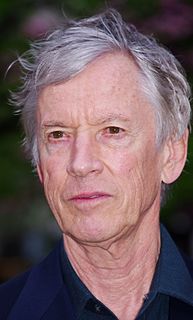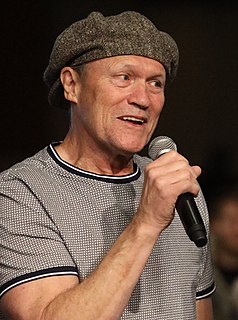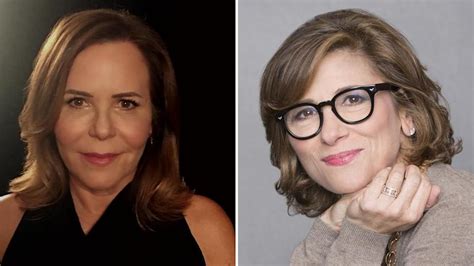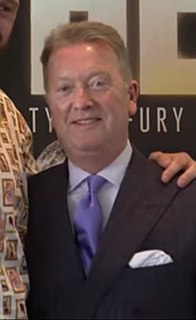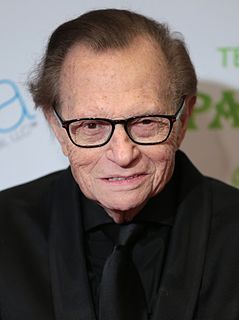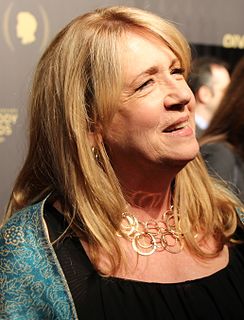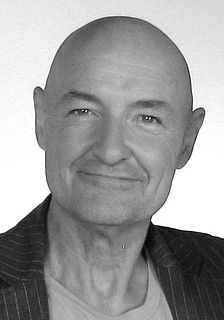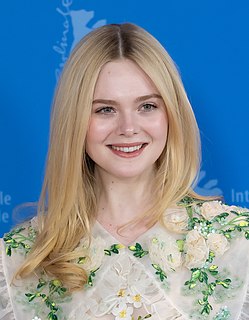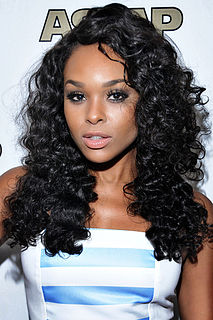A Quote by Scott Glenn
I love the way Damon Lindelof writes. It's almost like he was channeling me and he had my voice, even though the territory that those lines cover is unpredictable, and goes from raw emotion to laugh out loud funny but always true.
Related Quotes
Funny bones, to me, are more important than funny lines. If a comedian is just not likable and doing the lines, you could read them yourself. Whereas if someone [you like] shambles out, and they tell you what a bad day they've had, they don't have to say anything. I love them. I want to hug them because they've been through something. And it comes back to empathy, always empathy.
The third season of the Leftovers came along and Damon Lindelof sent me the script to Episode 3, and I called him up and thanked him for one of the greatest gifts I've been given. I had that script for almost two months, in the mountains in Idaho, before I even got on a plane and flew to Australia and went to the outback. He also told me to learn about the indigenous people in Australia and learn how to play a didgeridoo. It was just great. It was probably, in many ways, the best acting experience I've ever had.
There's a lot of mythological stories you can tell. There's not just one. I appreciate all of those different kinds, but what I was personally missing was grand, classic, true-north hero. Pure and simple emotion, and also aiming for big time emotion, like love story as well, in a very sincere way. Like 'Superman: The Movie' had done for me.
I'm not offended. Lenny Bruce taught me that everything's funny. You can make everything funny. I don't think that assassinations are funny, I don't think you can make fun of ISIS, but almost everything is funny. And If we can't laugh at ourselves, who can we laugh at? So I don't mind ethnic humor. I like ethnic humor. I like dialect jokes. Laughter is a very subjective thing. If it's funny to you it's funny. And a lot of things are funny to me.
The Leftovers was an absolutely extraordinary experience. After the first season of learning to work with Damon Lindelof and Tom Perrotta, and all of the writers, you didn't question it because it all made sense. Because Damon knows those characters so well and has thought it through so well, there was never a time that I asked a question where it wasn't answered fully.
There are no words and there is no singing, but the music has a voice. It is an old voice and a deep voice, like the stump of a sweet cigar or a shoe with a hole. It is a voice that has lived and lives, with sorrow and shame, ecstasy and bliss, joy and pain, redemption and damnation. It is a voice with love and without love. I like the voice, and though I can't talk to it, I like the way it talks to me. It says it is all the same, Young Man. Take it and let it be.
The first time we did it [voice-over], I was trying to use my face and my eyes more so and really portray that emotion, and that didn't matter. I realized you have to bring that emotion into the way you sound, and all those different layers have to be in your voice instead of the way you are wrinkling your eyebrows or whatever. I had to learn how to do that.
I have to always, always pay homage to a woman I never met but she touched me like she touched so many others with that amazing voice, Whitney Houston. The very first time I heard her voice, I knew I wanted to make people feel that way. Even if I couldn't do all of that that she did, the way she was able to tell my story without even knowing me, the way she could feel what I didn't know how to express, it was spiritual almost.
It's really the story of a young woman, or two women, growing up in Naples in a poor neighborhood. The way that they get out of it - or don't get out of it - that's part of it. But it's also the story of the mid-20th century in Italy so it's really like a social, historical and personal novel. I think that even though I didn't live in Italy in those years, it did cover that same type of generational upbringing that someone like me might've had in America.
Those who are truly enlightened, those whose souls are illuminated by love, have been able to overcome all of the inhibitions and preconceptions of their era. They have been able to sing, to laugh, and to pray out loud; they have danced and shared what Saint Paul called 'the madness of saintliness'. They have been joyful - because those who love conquer the world and have no fear of loss. True love is an act of total surrender.
